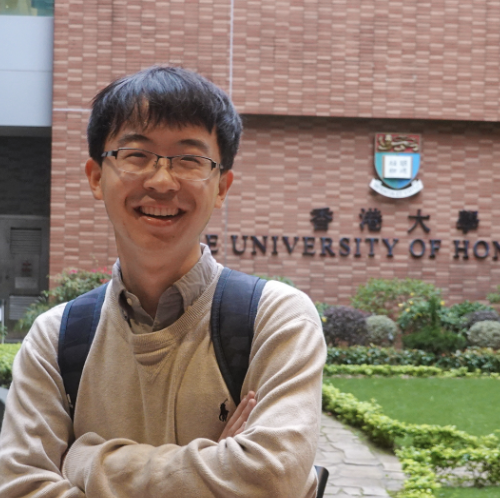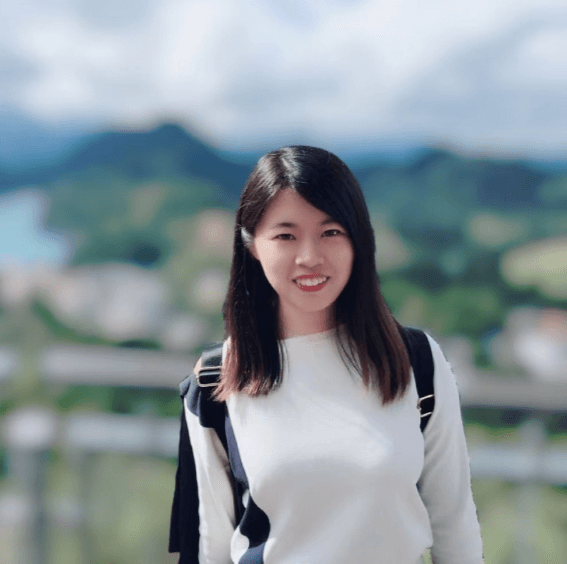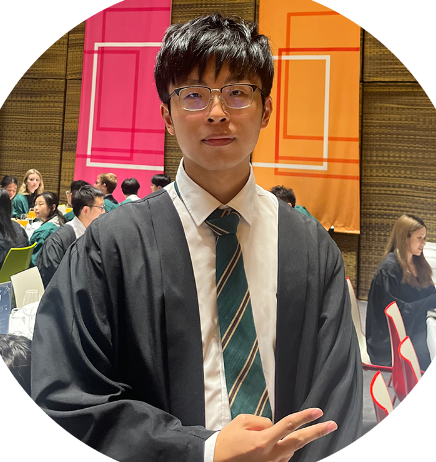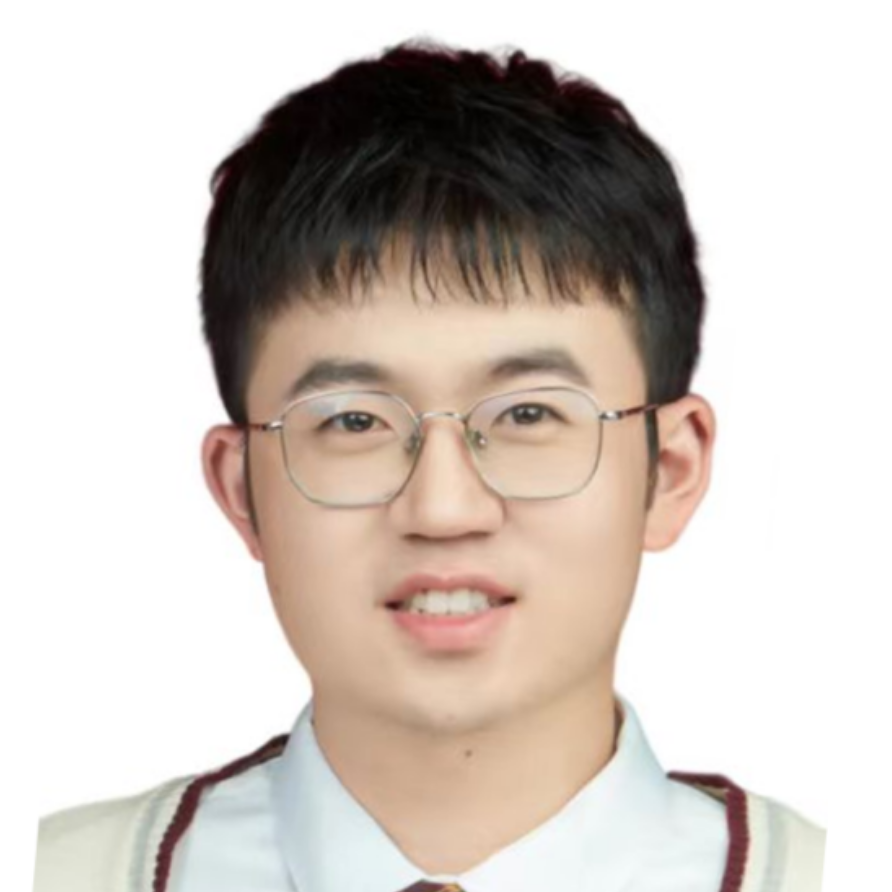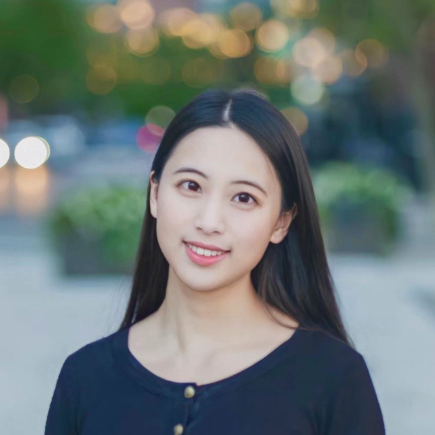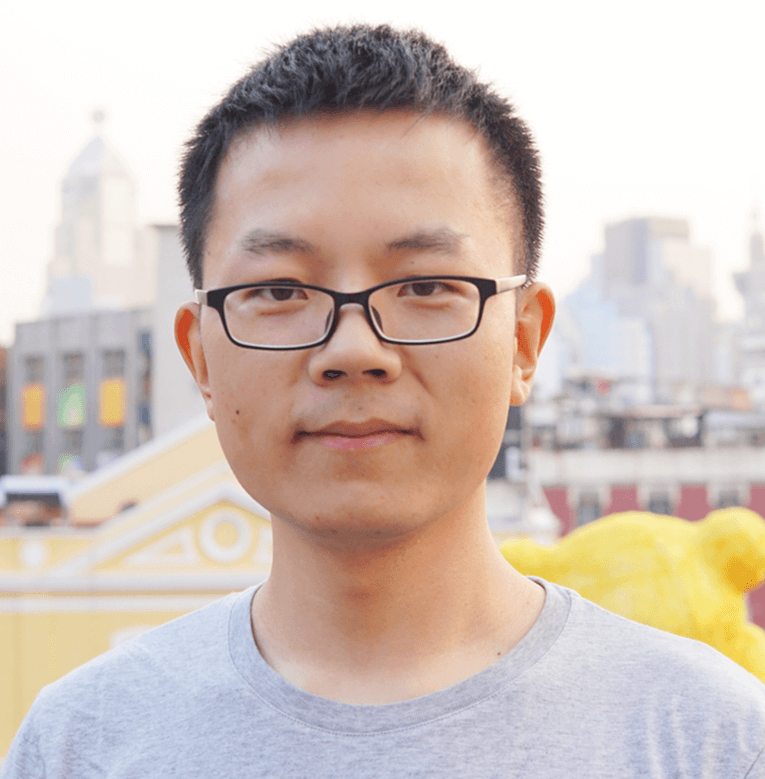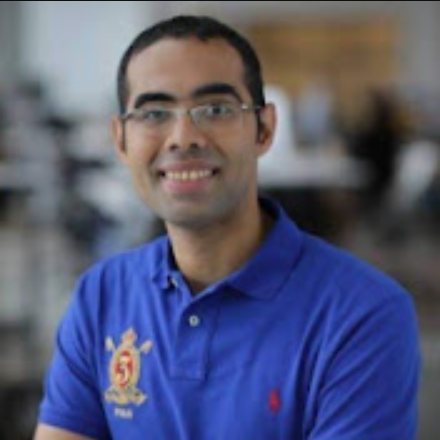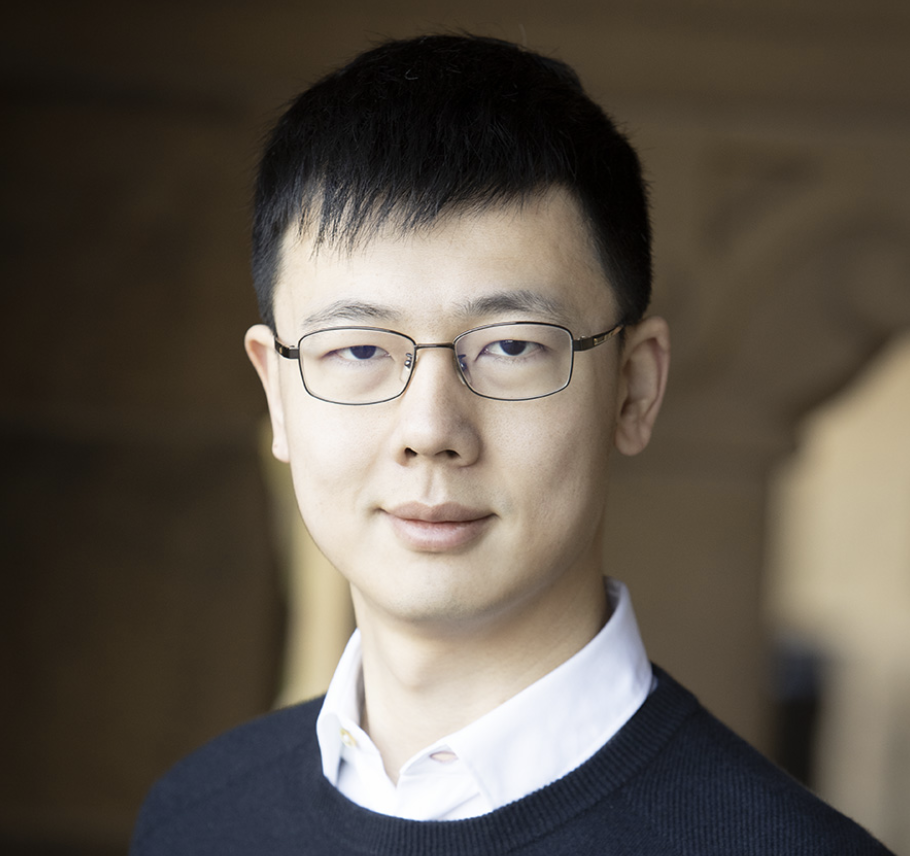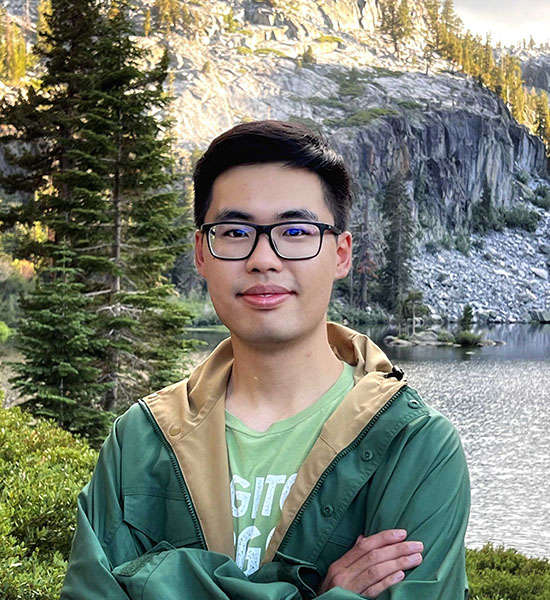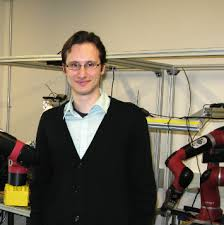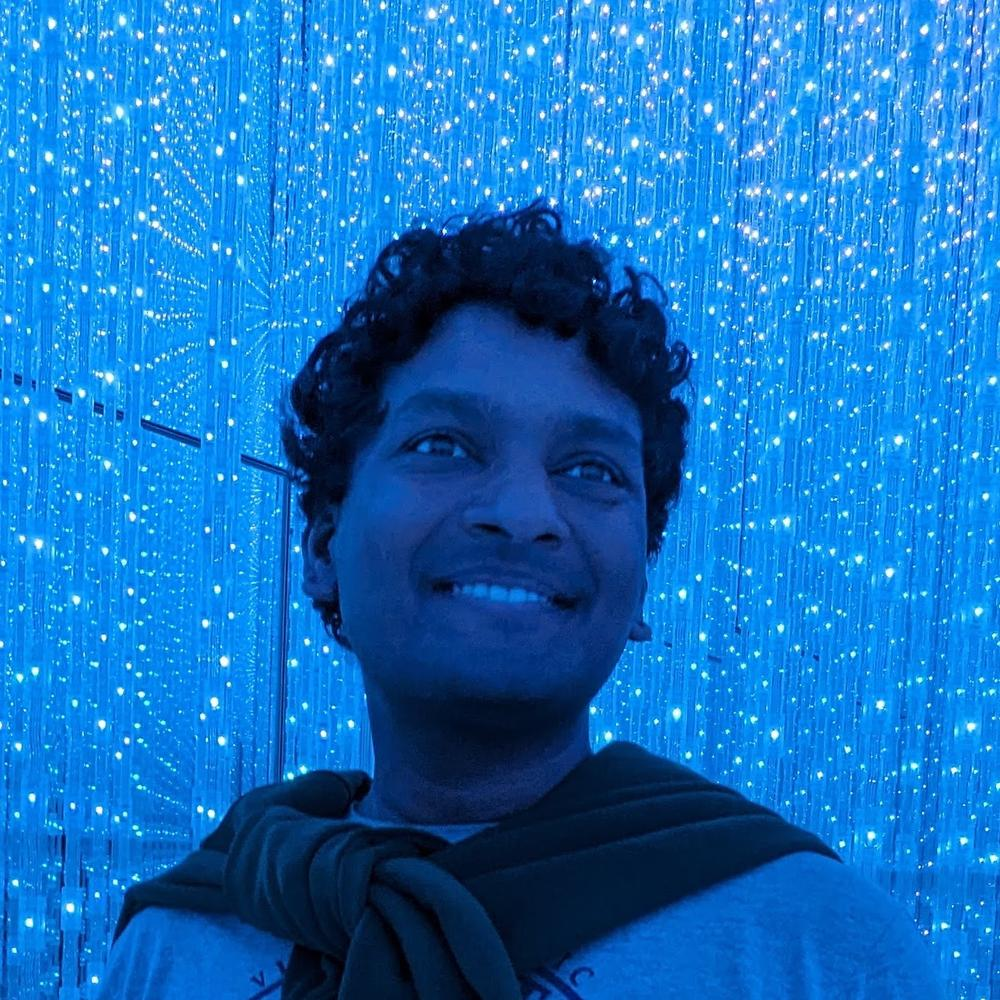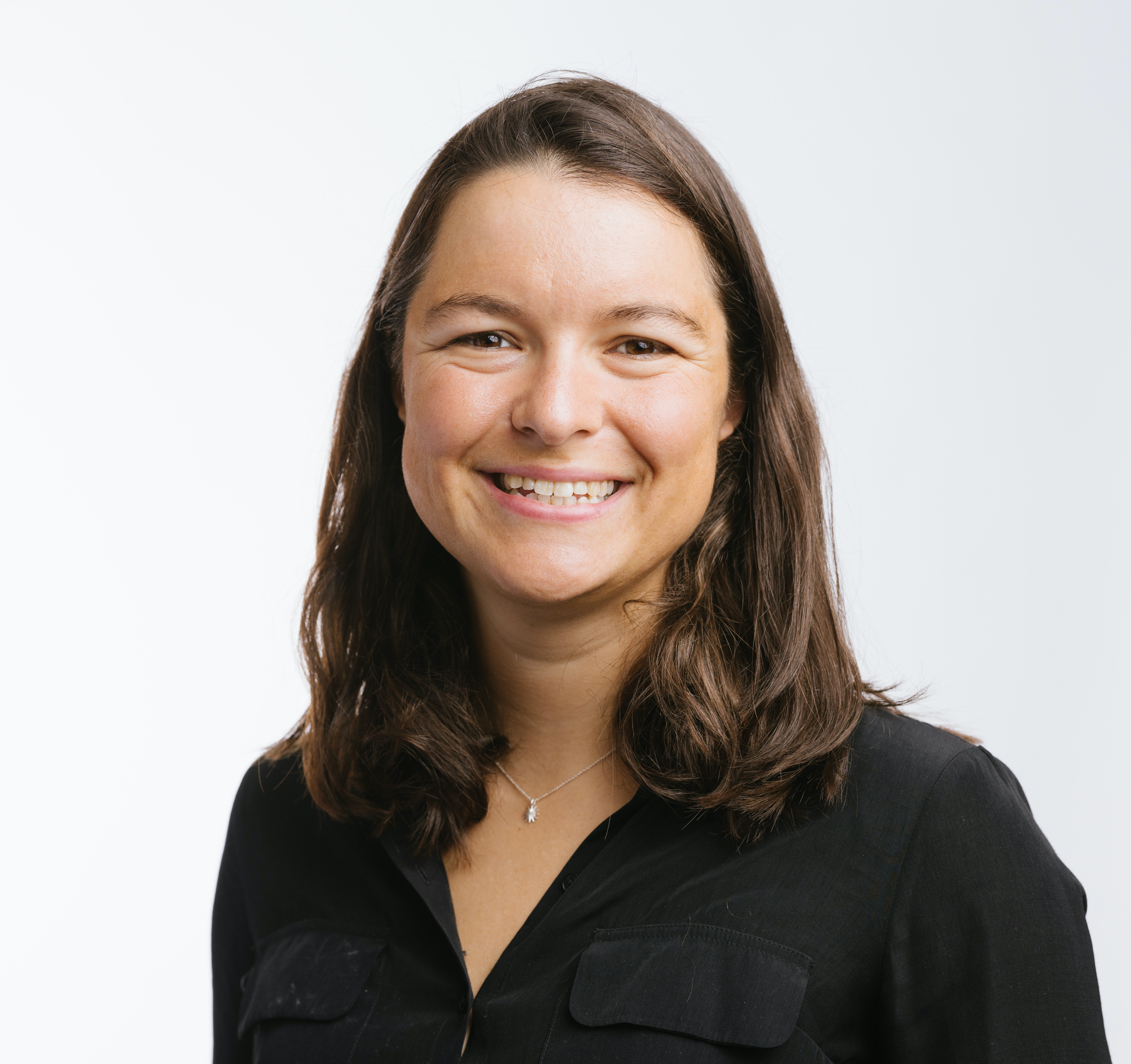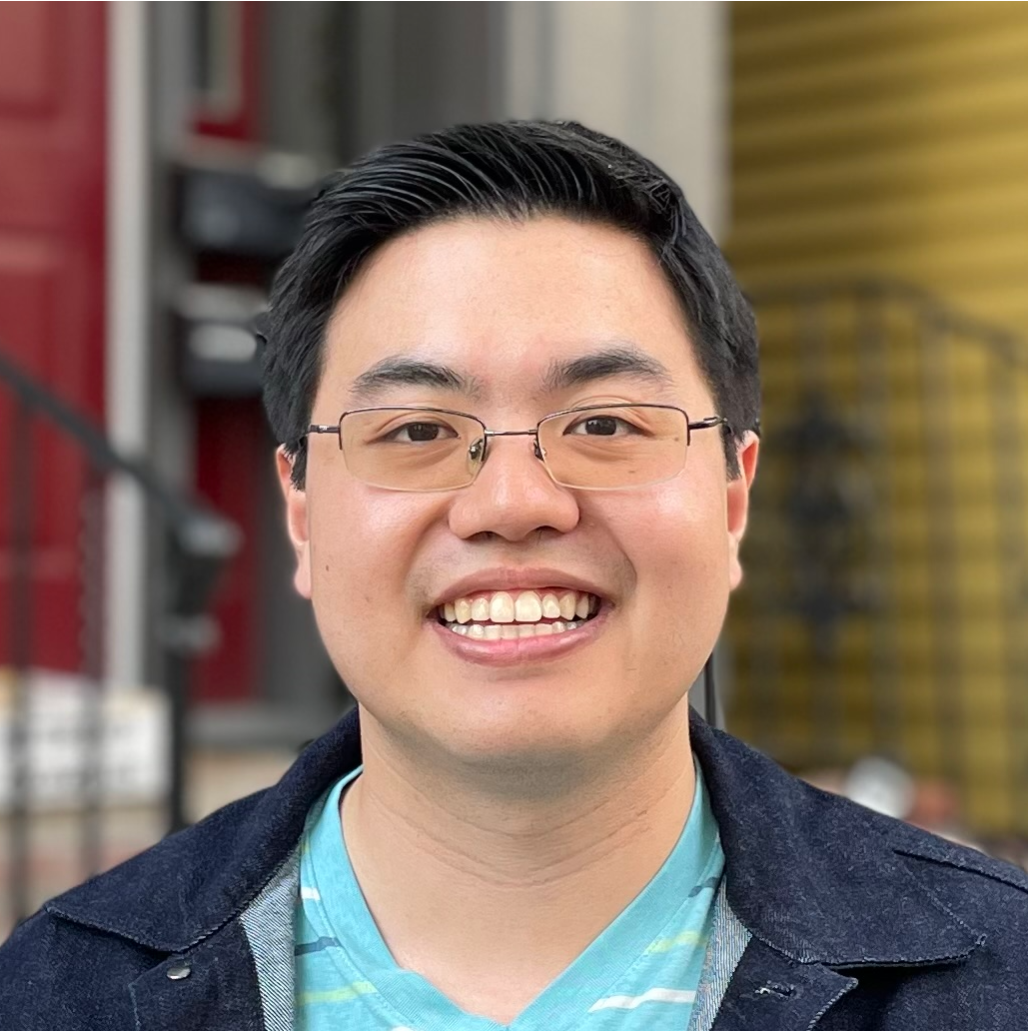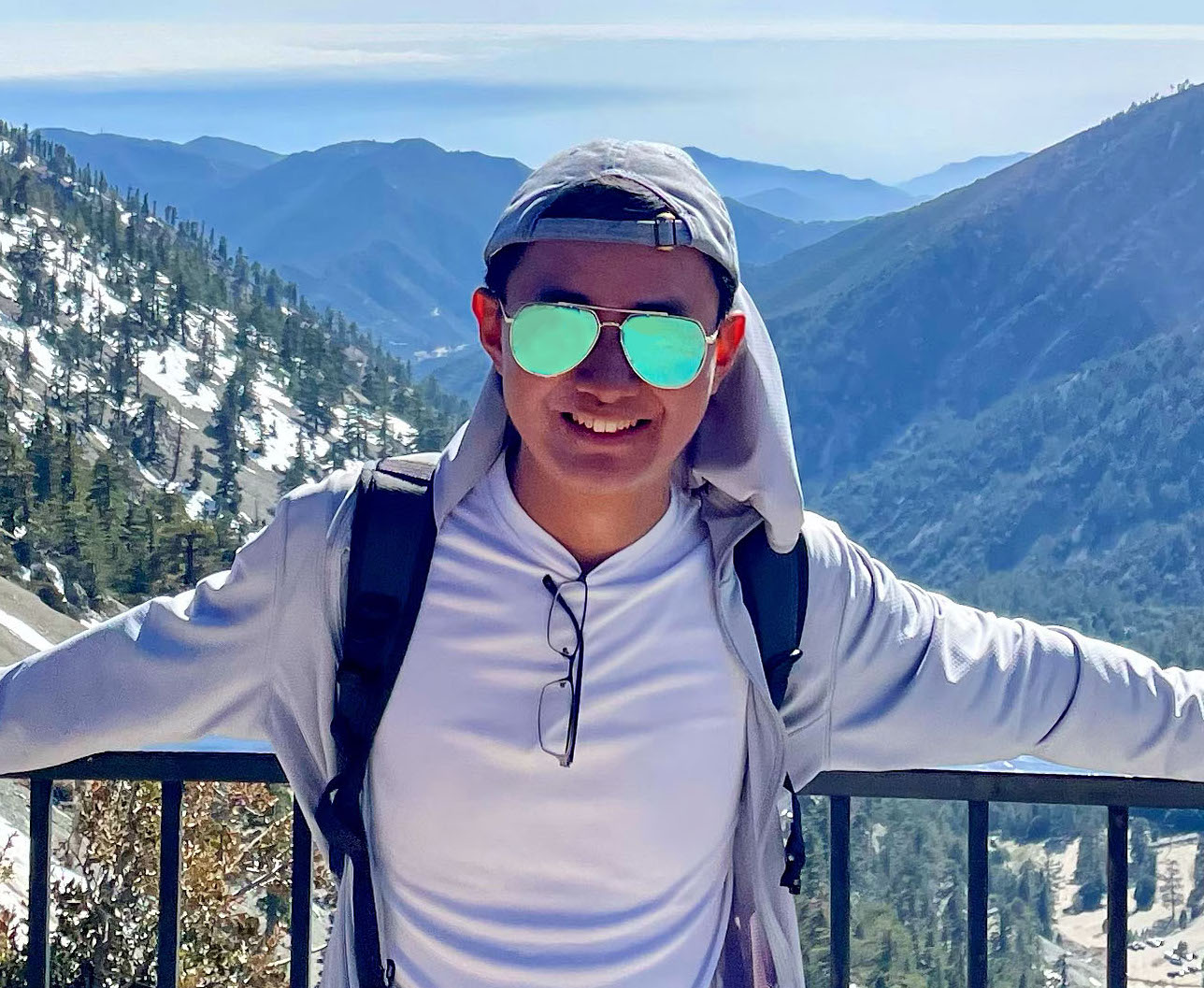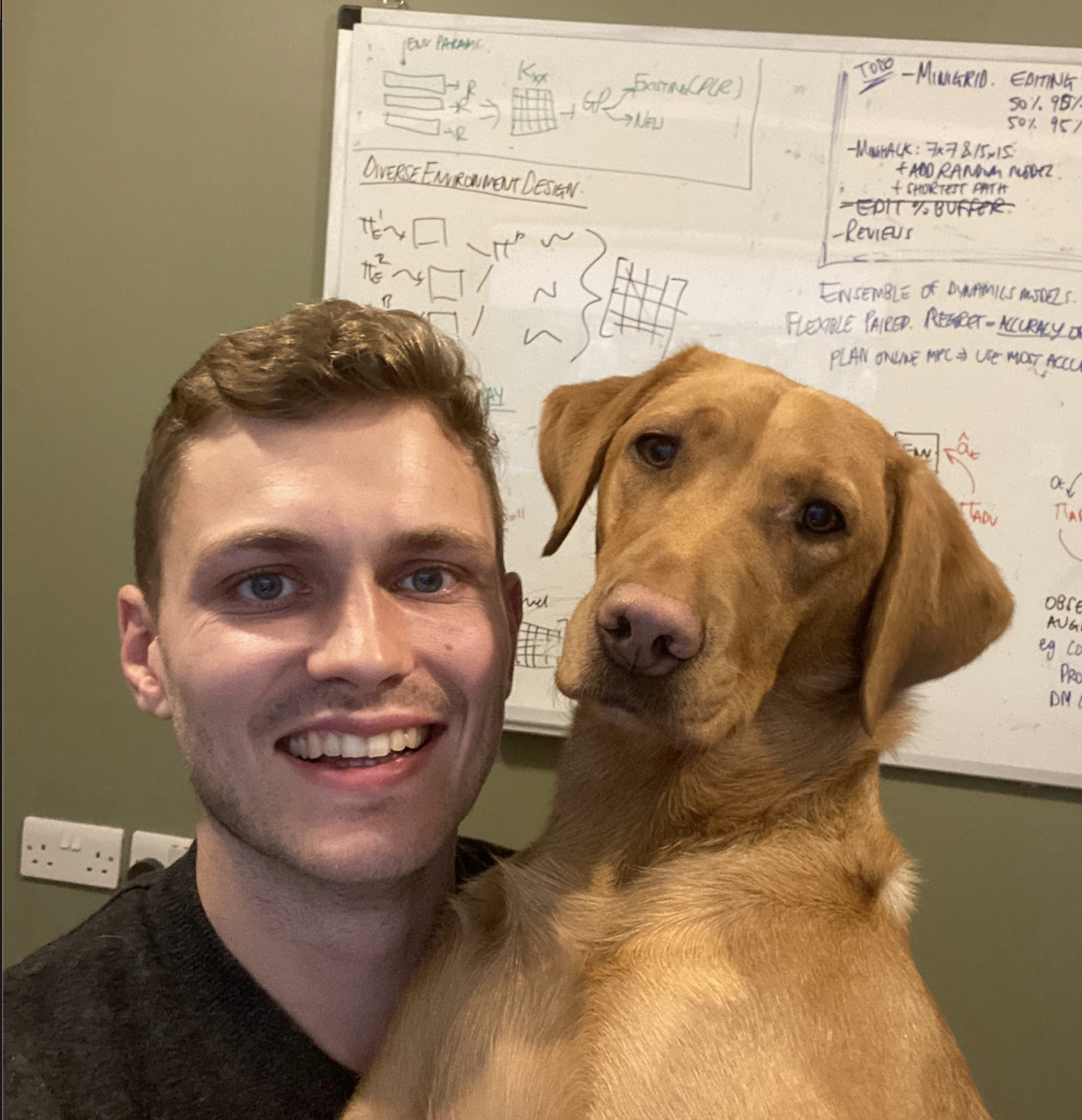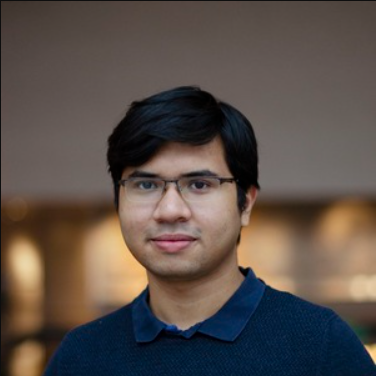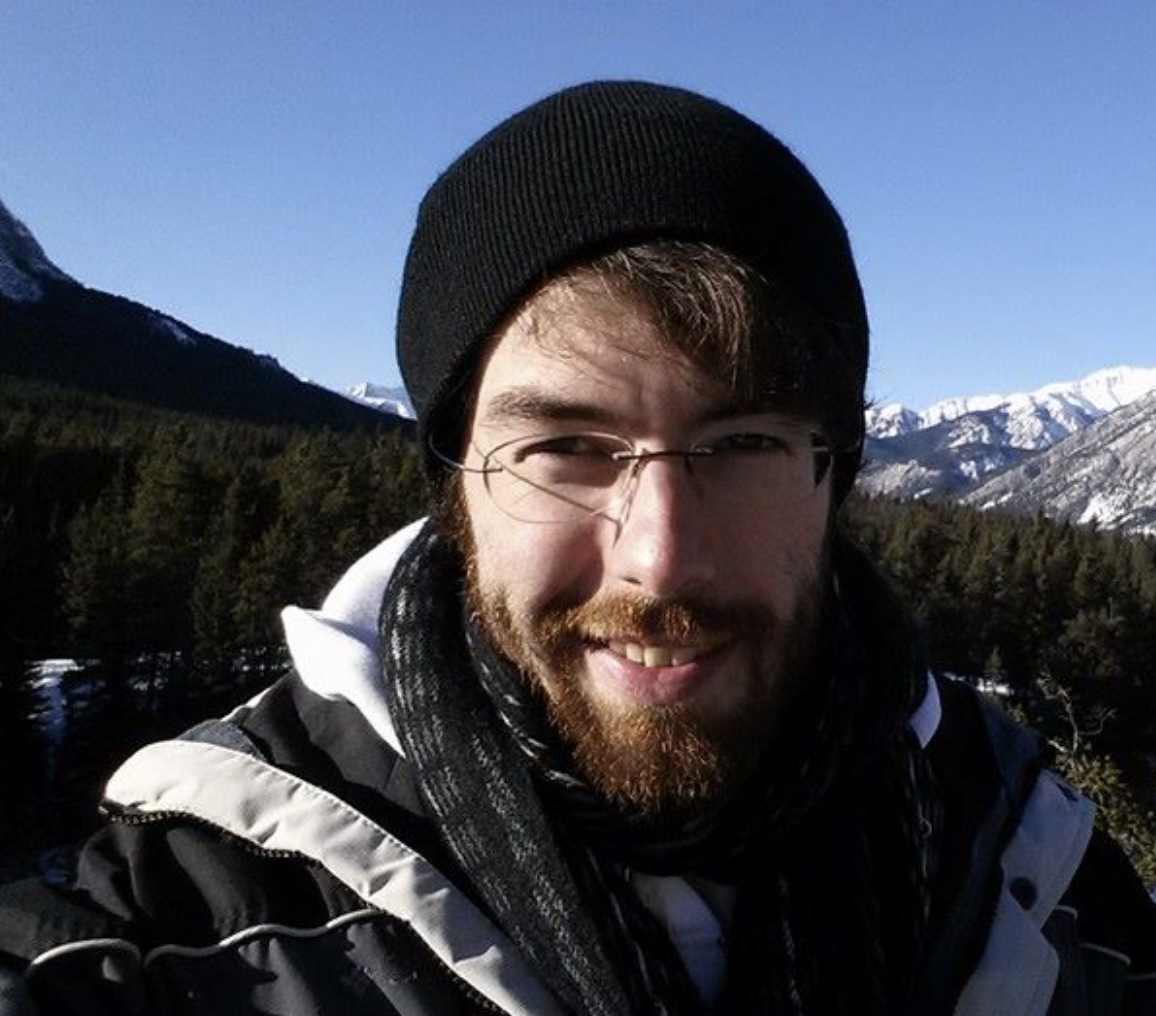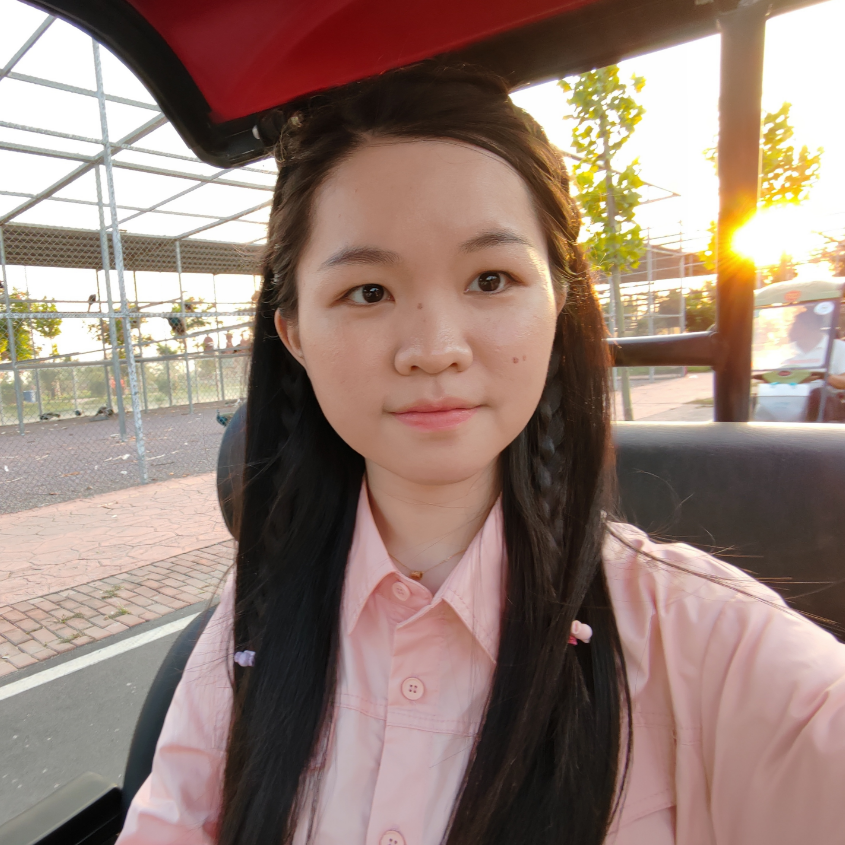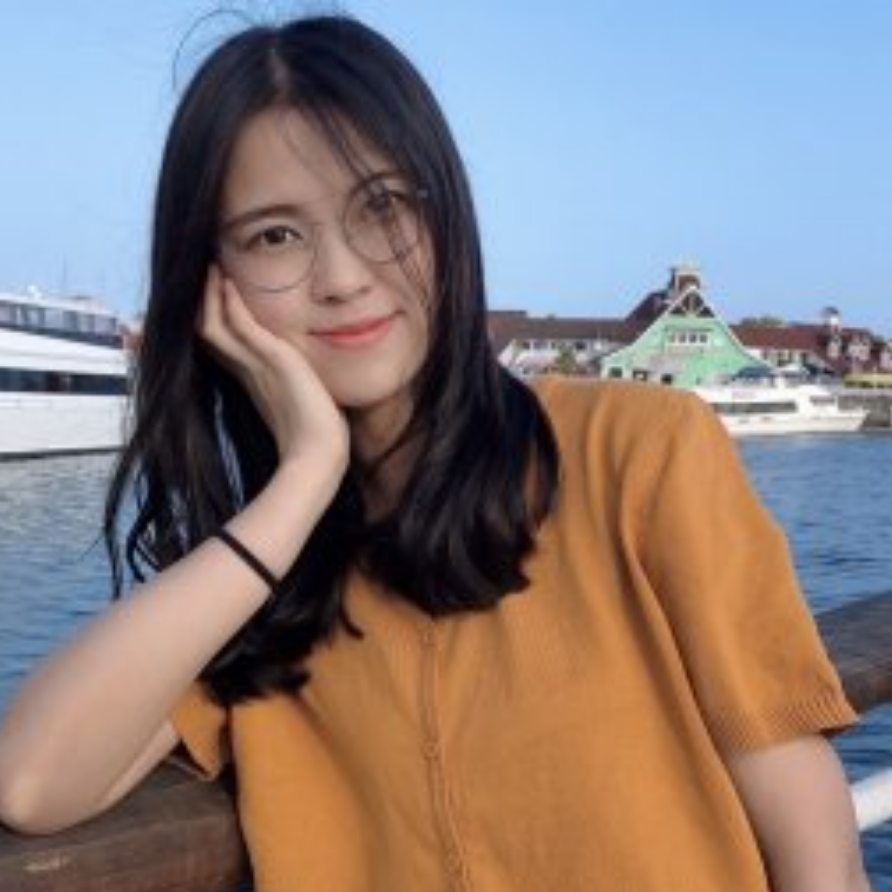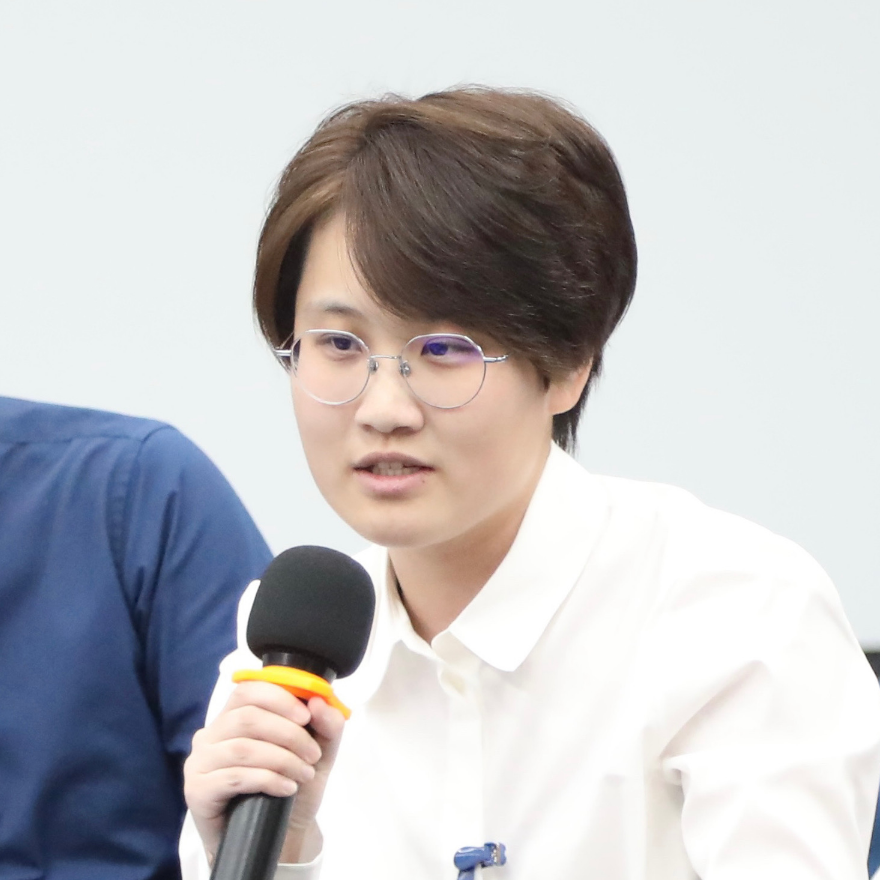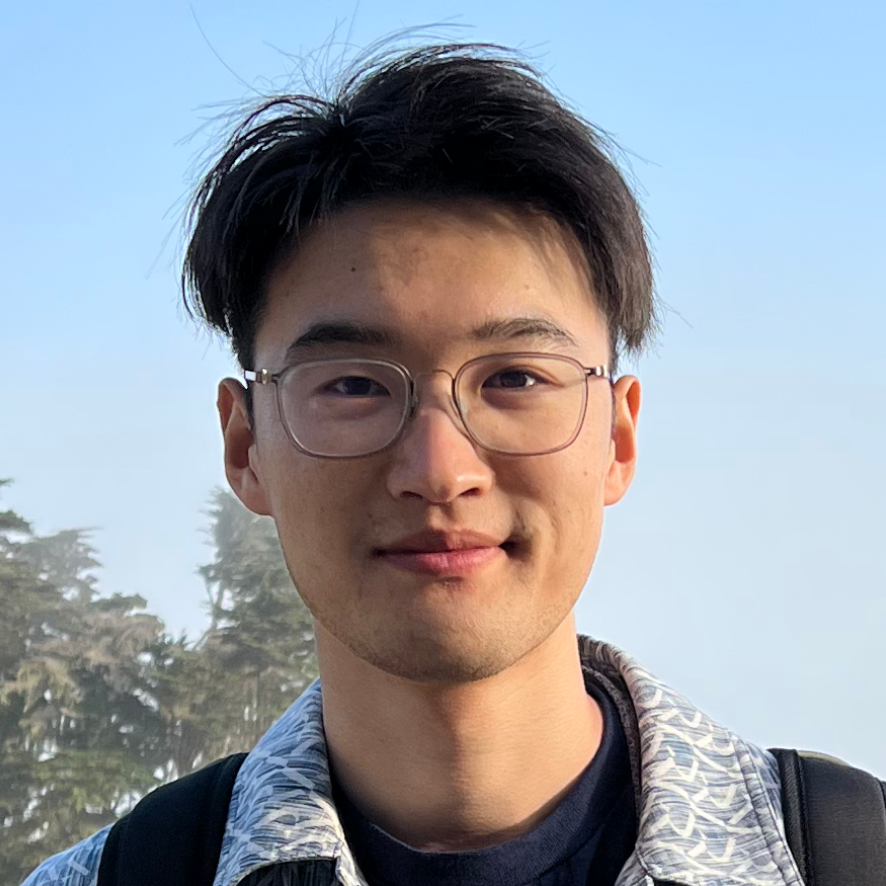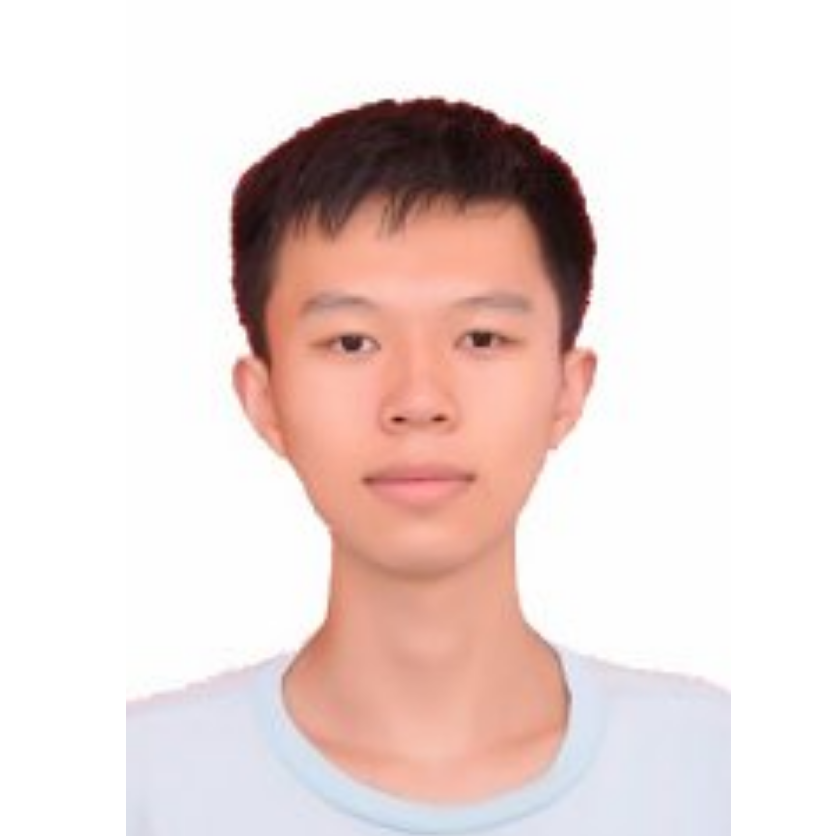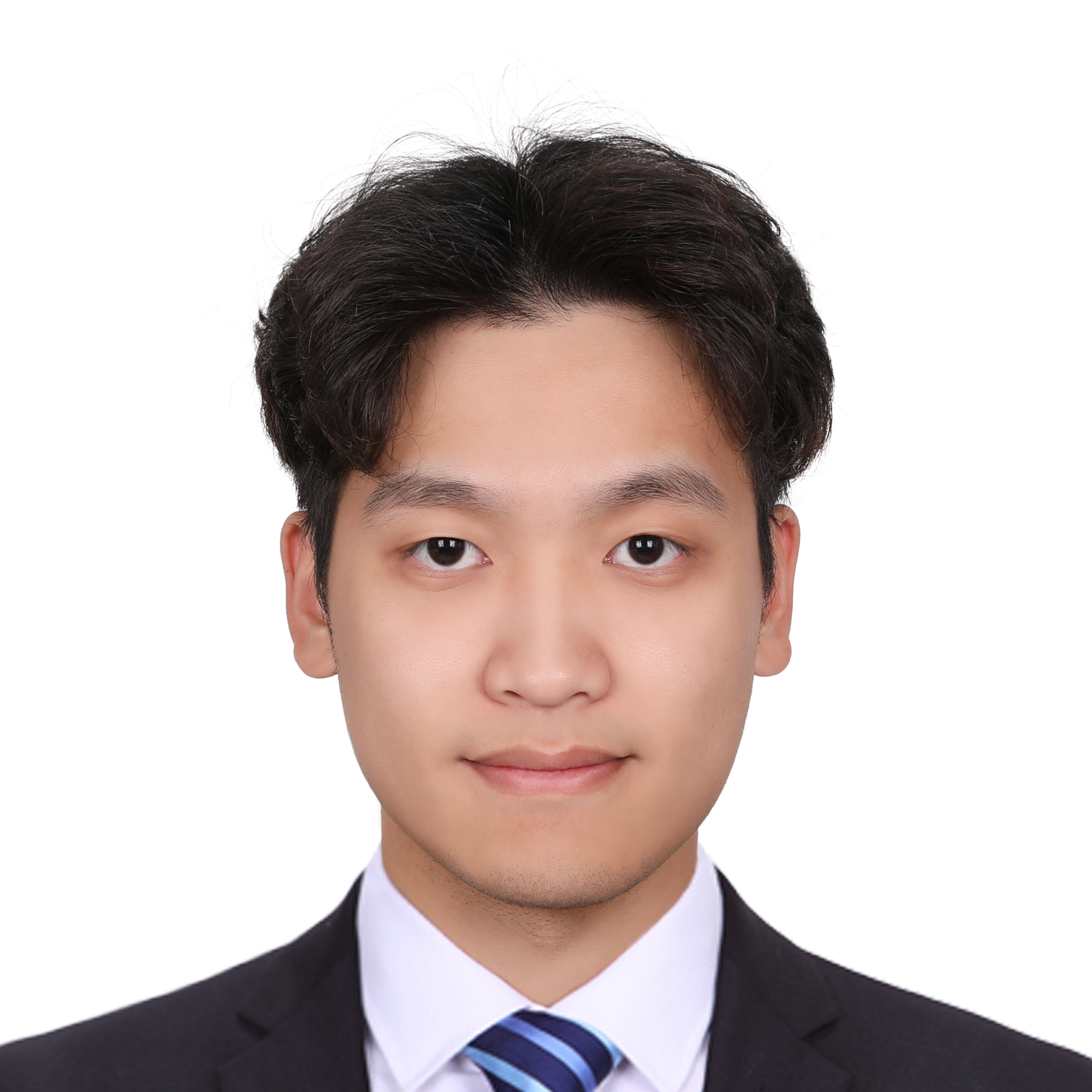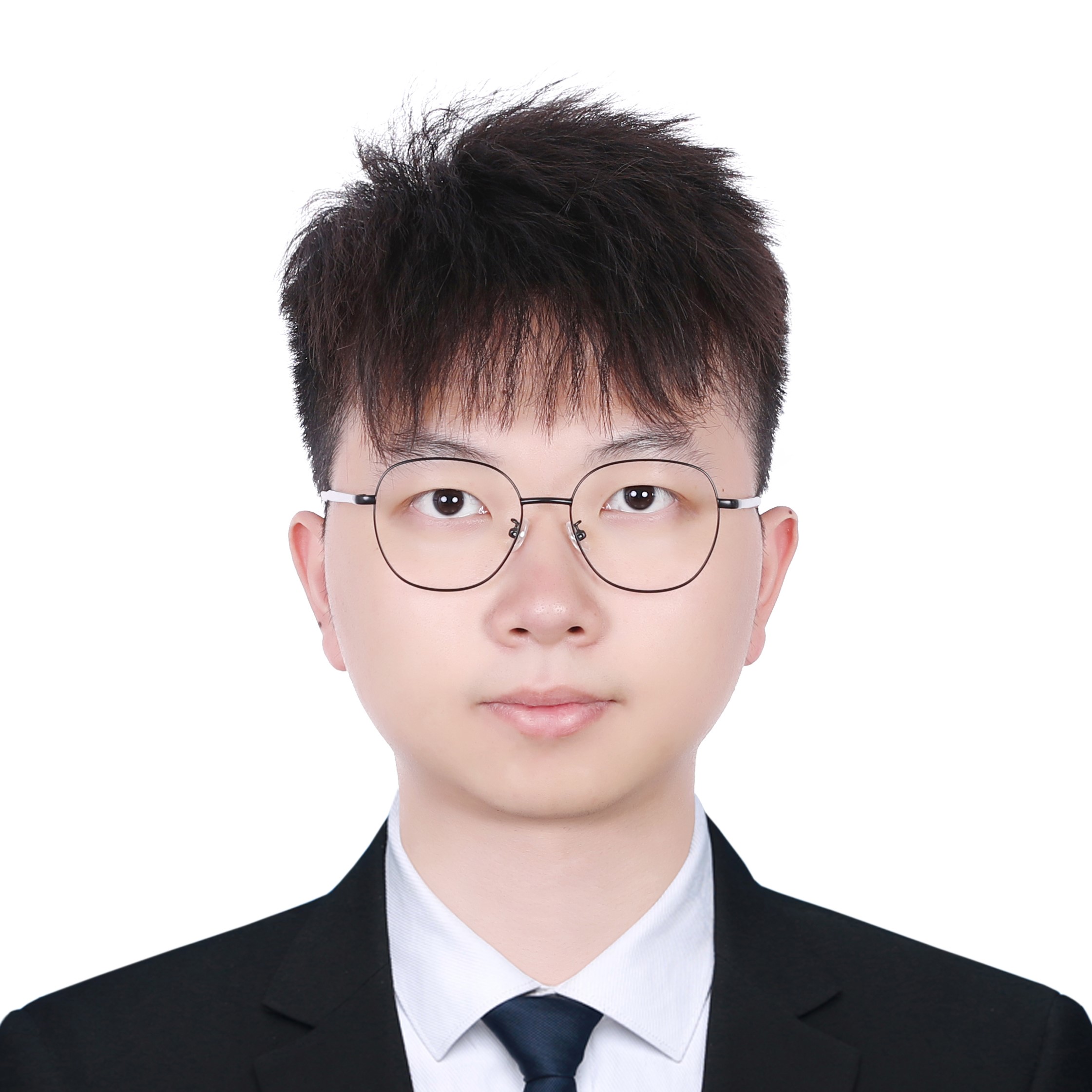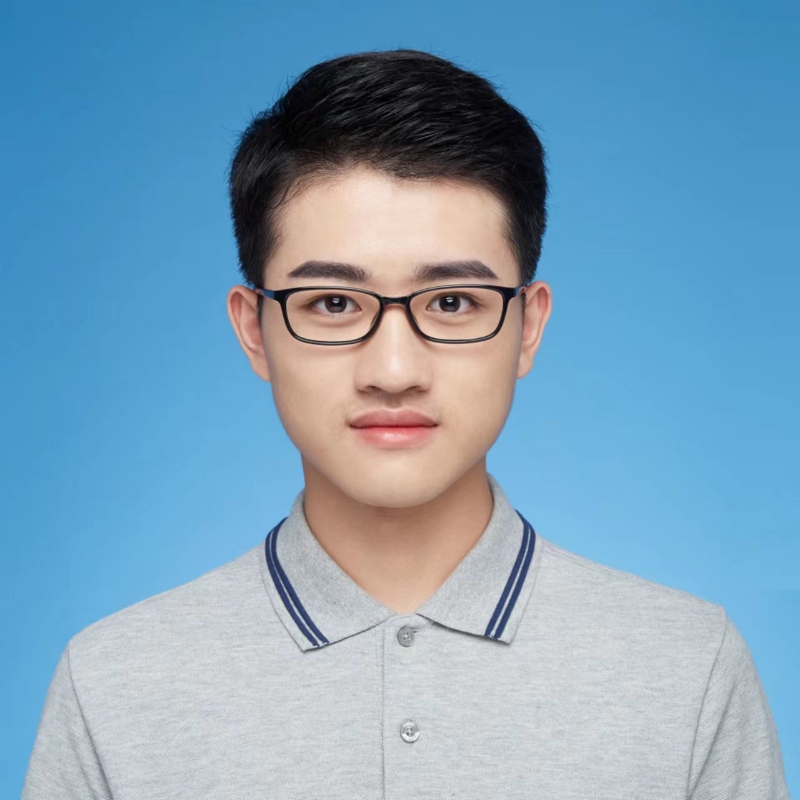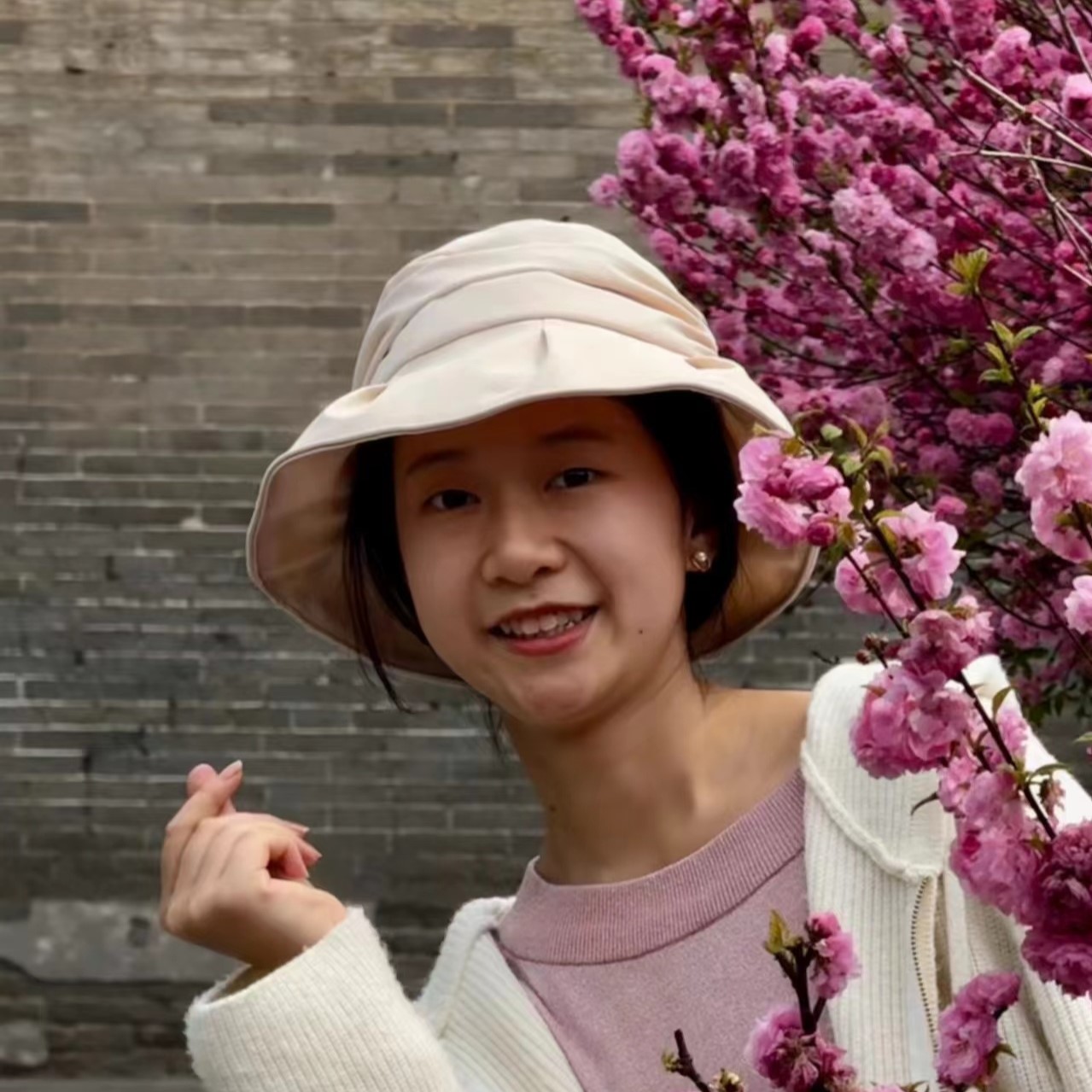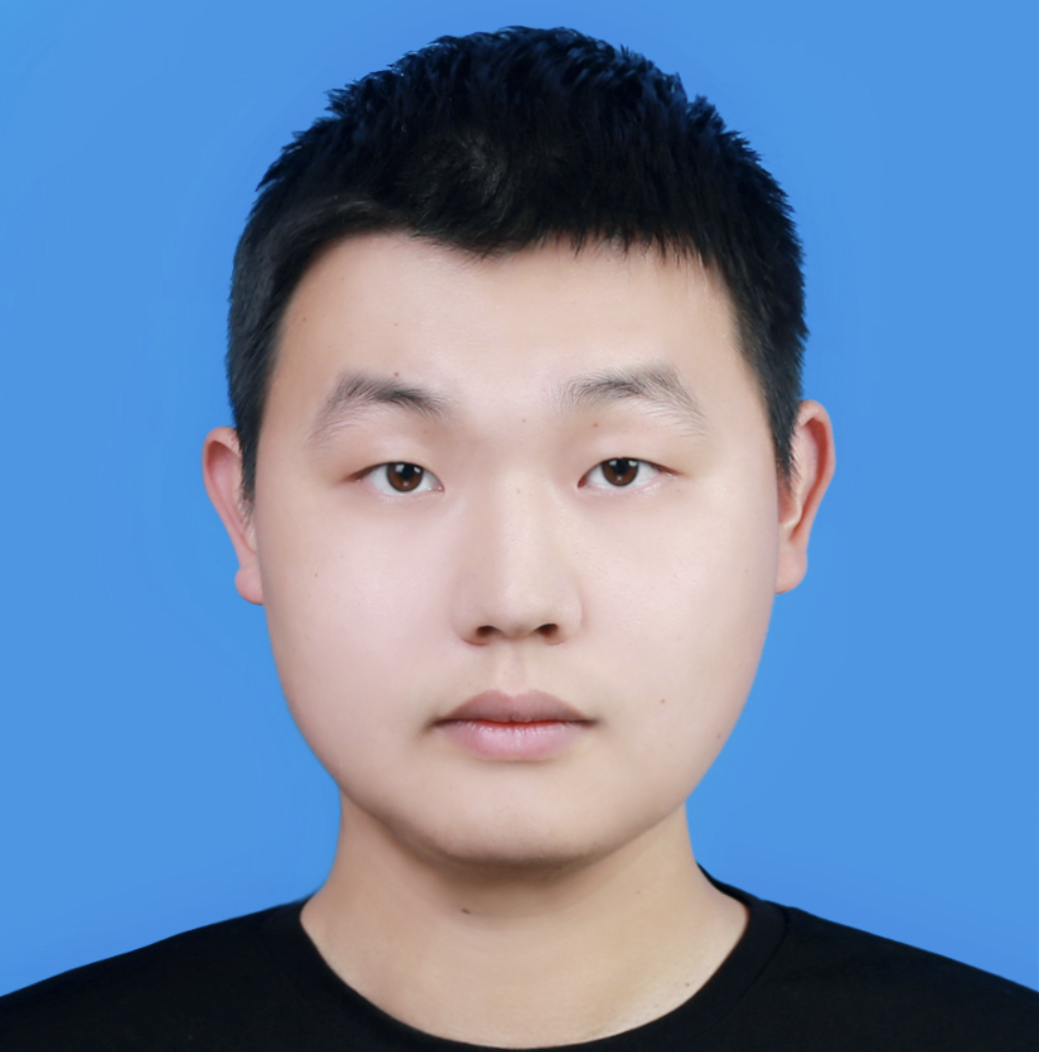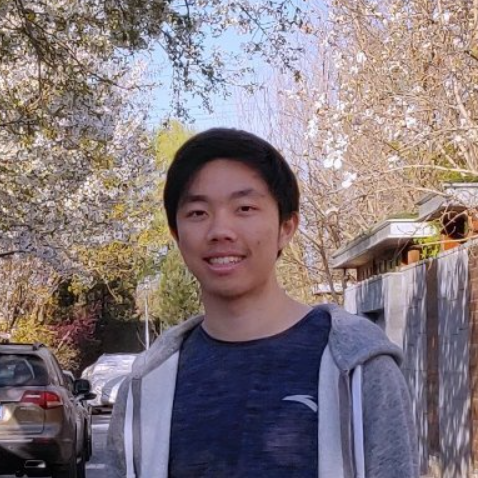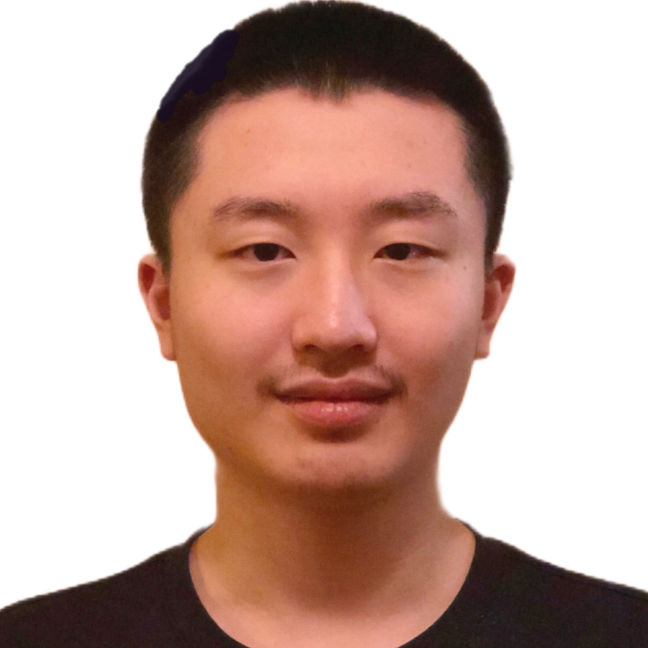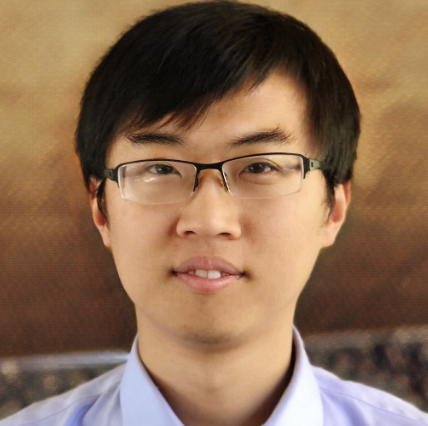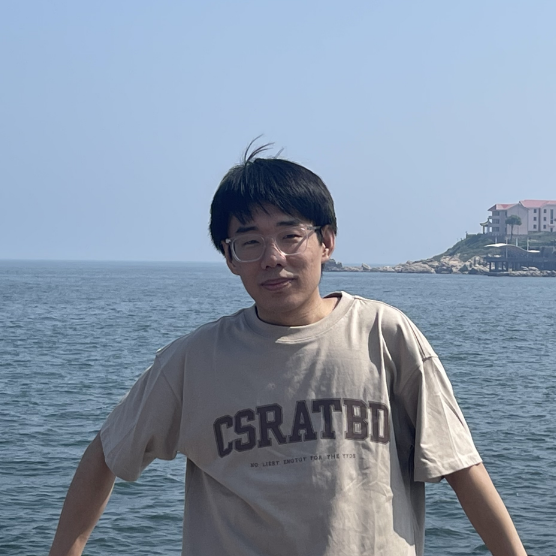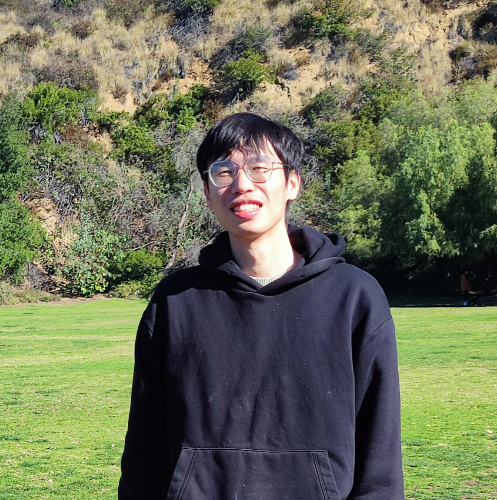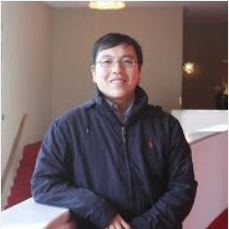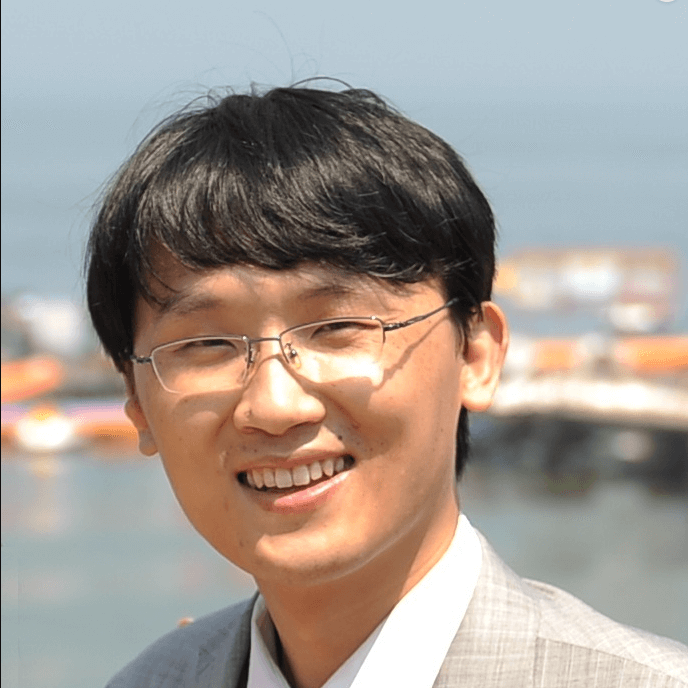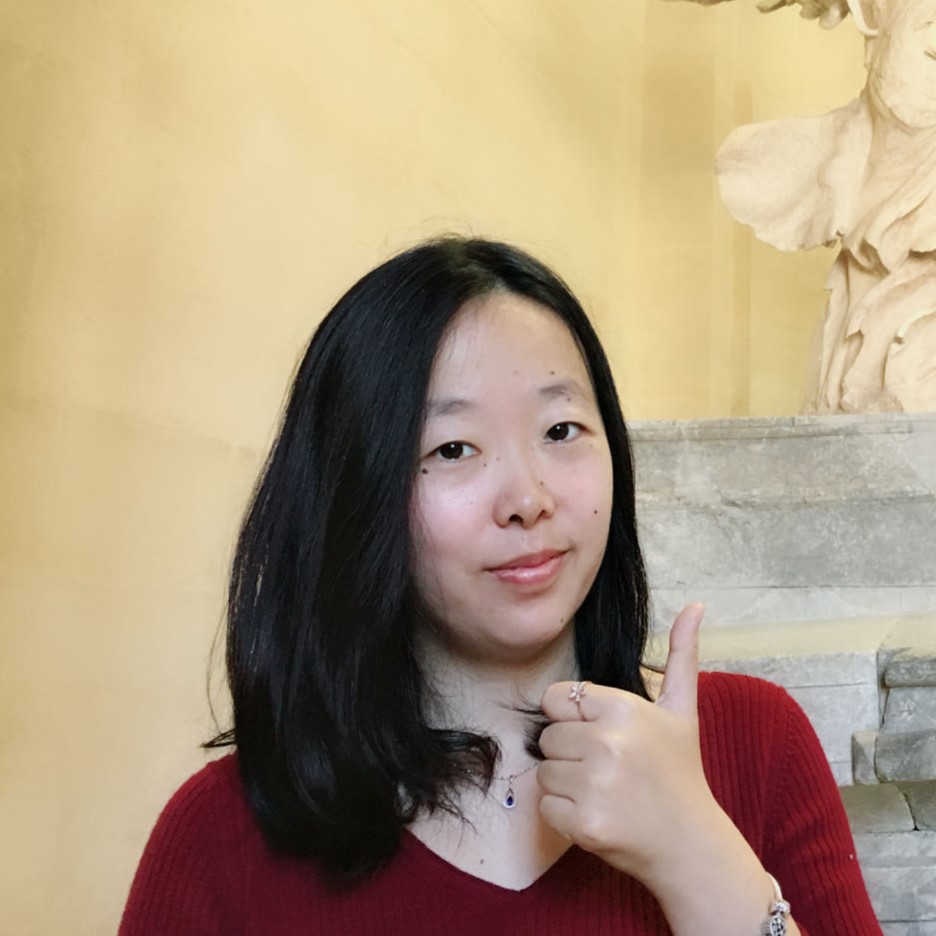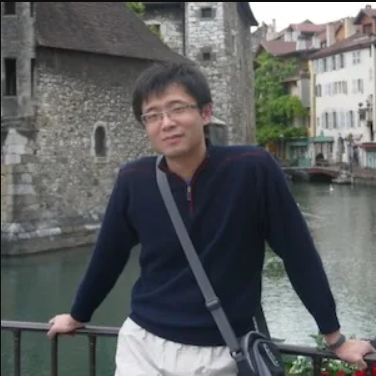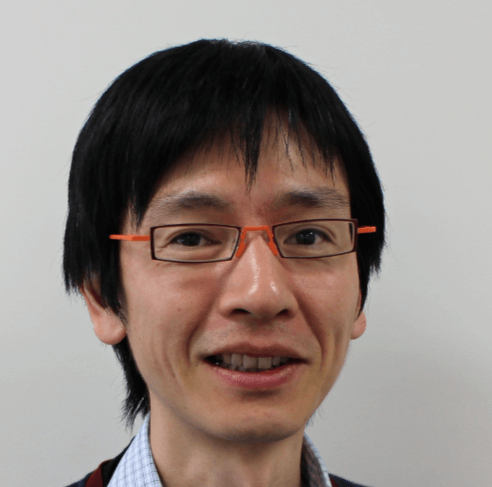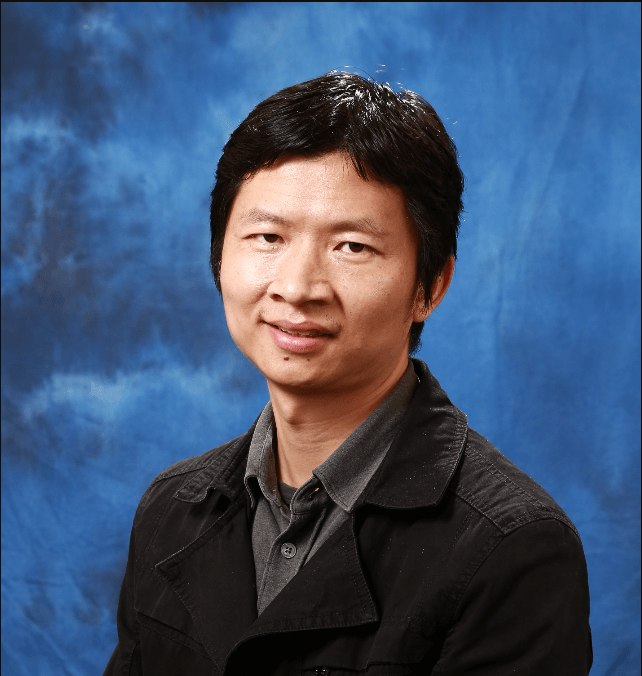[6] Chen, Z., Shi, Z., Lu, X., He, L., Qian, S., Fang, H.S., Yin, Z., Ouyang, W., Shao, J., Qiao, Y., et al.: Rh20t-p: A primitive-level robotic dataset towards composable generalization agents. arXiv preprint arXiv:2403.19622 (2024)
[7] Collaboration, O.X.E., Padalkar, A., Pooley, A., Jain, A., Bewley, A., Herzog, A., Irpan, A., Khazatsky, A., Rai, A., Singh, A., Brohan, A., Raffin, A., Wahid, A., Burgess-Limerick, B., Kim, B., Sch ̈olkopf, B., Ichter, B., Lu, C., Xu, C., Finn, C., Xu, C., Chi, C., Huang, C., Chan, C., Pan, C., Fu, C., Devin, C., Driess, D., Pathak, D., Shah, D., B ̈uchler, D., Kalashnikov, D., Sadigh, D., Johns, E., Ceola, F., Xia, F., Stulp, F., Zhou, G., Sukhatme, G.S., Salhotra, G., Yan, G., Schiavi, G., Su, H., Fang, H.S., Shi, H., Amor, H.B., Christensen, H.I., Furuta, H., Walke, H., Fang, H., Mordatch, I., Radosavovic, I., Leal, I., Liang, J., Kim, J., Schneider, J., Hsu, J., Bohg, J., Bingham, J., Wu, J., Wu, J., Luo, J., Gu, J., Tan, J., Oh, J., Malik, J., Tompson, J., Yang, J., Lim, J.J., Silv ́erio, J., Han, J., Rao, K., Pertsch, K., Hausman, K., Go, K., Gopalakrishnan, K., Goldberg, K., Byrne, K., Oslund, K., Kawa- harazuka, K., Zhang, K., Majd, K., Rana, K., Srinivasan, K., Chen, L.Y., Pinto, L., Tan, L., Ott, L., Lee, L., Tomizuka, M., Du, M., Ahn, M., Zhang, M., Ding, M., Srirama, M.K., Sharma, M., Kim, M.J., Kanazawa, N., Hansen, N., Heess, N., Joshi, N.J., Suenderhauf, N., Palo, N.D., Shafiullah, N.M.M., Mees, O., Kroemer, O., Sanketi, P.R., Wohlhart, P., Xu, P., Sermanet, P., Sundaresan, P., Vuong, Q., Rafailov, R., Tian, R., Doshi, R., Mart ́ın-Mart ́ın, R., Mendonca, R., Shah, R., Hoque, R., Julian, R., Bustamante, S., Kirmani, S., Levine, S., Moore, S., Bahl, S., Dass, S., Song, S., Xu, S., Haldar, S., Adebola, S., Guist, S., Nasiriany, S., Schaal, S., Welker, S., Tian, S., Dasari, S., Belkhale, S., Osa, T., Harada, T., Matsushima, T., Xiao, T., Yu, T., Ding, T., Davchev, T., Zhao, T.Z., Armstrong, T., Darrell, T., Jain, V., Vanhoucke, V., Zhan, W., Zhou, W., Burgard, W., Chen, X., Wang, X., Zhu, X., Li, X., Lu, Y., Chebotar, Y., Zhou, Y., Zhu, Y., Xu, Y., Wang, Y., Bisk, Y., Cho, Y., Lee, Y., Cui, Y., hua Wu, Y., Tang, Y., Zhu, Y., Li, Y., Iwasawa, Y., Matsuo, Y., Xu, Z., Cui, Z.J.: Open X-Embodiment: Robotic learning datasets and RT-X models. https: //arxiv.org/abs/2310.08864 (2023)
[8] Driess, D., Xia, F., Sajjadi, M.S., Lynch, C., Chowdhery, A., Ichter, B., Wahid, A., Tompson, J., Vuong, Q., Yu, T., et al.: Palm-e: An embodied multimodal language model. arXiv preprint arXiv:2303.03378 (2023)
[9] Du, Y., Yang, M., Dai, B., Dai, H., Nachum, O., Tenenbaum, J.B., Schuurmans, D., Abbeel, P.: Learning uni- versal policies via text-guided video generation. arXiv preprint arXiv:2302.00111 (2023)
[10] Fang, H.S., Fang, H., Tang, Z., Liu, J., Wang, J., Zhu, H., Lu, C.: Rh20t: A robotic dataset for learning diverse skills in one-shot. arXiv preprint arXiv:2307.00595 (2023)
[11] Fang, H., Fang, H.S., Wang, Y., Ren, J., Chen, J., Zhang, R., Wang, W., Lu, C.: Airexo: Low-cost exoskeletons for learning whole-arm manipulation in the wild. arXiv preprint arXiv:2309.14975 (2023)
[12] Fu, Z., Zhao, T.Z., Finn, C.: Mobile aloha: Learning bimanual mobile manipulation with low-cost wholebody teleoperation. In: arXiv (2024)
[13] Girdhar, R., El-Nouby, A., Liu, Z., Singh, M., Alwala, K.V., Joulin, A., Misra, I.: Imagebind: One embedding space to bind them all. In: Proceedings of the IEEE/CVF Conference on Computer Vision and Pattern Recognition. pp. 15180–15190 (2023)
[14] Lab, P.Y., etc., T.A.: Open-sora-plan (Apr 2024). https://doi.org/10.5281/zenodo.10948109, https: //doi.org/10.5281/zenodo.10948109
[15] Lai, B., Dai, X., Chen, L., Pang, G., Rehg, J.M., Liu, M.: Lego: Learning egocentric action frame generation via visual instruction tuning. arXiv preprint arXiv:2312.03849 (2023)
[16] Lifshitz, S., Paster, K., Chan, H., Ba, J., McIlraith, S.: Steve-1: A generative model for text-to-behavior in minecraft. arXiv preprint arXiv:2306.00937 (2023)
[17] Liu, H., Li, C., Li, Y., Lee, Y.J.: Improved baselines with visual instruction tuning (2023)
[18] OpenAI: Gpt-4v(ision) system card (2023), https://openai.com/research/ gpt-4v-system-card
[19] Qin, Y., Zhou, E., Liu, Q., Yin, Z., Sheng, L., Zhang, R., Qiao, Y., Shao, J.: Mp5: A multi-modal openended embodied system in minecraft via active perception. arXiv preprint arXiv:2312.07472 (2023)
[20] Radford, A., Kim, J.W., Hallacy, C., Ramesh, A., Goh, G., Agarwal, S., Sastry, G., Askell, A., Mishkin, P., Clark, J., et al.: Learning transferable visual models from natural language supervision. In: International conference on machine learning. pp. 8748–8763. PMLR (2021)
[21] Rombach, R., Blattmann, A., Lorenz, D., Esser, P., Ommer, B.: High-resolution image synthesis with latent diffusion models. In: Proceedings of the IEEE/CVF conference on computer vision and pattern recognition. pp. 10684–10695 (2022)
[22] Team, G., Anil, R., Borgeaud, S., Wu, Y., Alayrac, J.B., Yu, J., Soricut, R., Schalkwyk, J., Dai, A.M., Hauth, A., Millican, K., Silver, D., Petrov, S., Johnson, M., Antonoglou, I., Schrittwieser, J., Glaese, A., Chen, J., Pitler, E., Lillicrap, T., Lazaridou, A., Firat, O., Molloy, J., Isard, M., Barham, P.R., Hennigan, T., Lee, B., Viola, F., Reynolds, M., Xu, Y., Doherty, R., Collins, E., Meyer, C., Rutherford, E., Moreira, E., Ayoub, K., Goel, M., Tucker, G., Piqueras, E., Krikun, M., Barr, I., Savinov, N., Danihelka, I., Roelofs, B., White, A., Andreassen, A., von Glehn, T., Yagati, L., Kazemi, M., Gonzalez, L., Khalman, M., Sygnowski, J., Frechette, A., Smith, C., Culp, L., Proleev, L., Luan, Y., Chen, X., Lottes, J., Schucher, N., Lebron, F., Rrustemi, A., Clay, N., Crone, P., Kocisky, T., Zhao, J., Perz, B., Yu, D., Howard, H., Bloniarz, A., Rae, J.W., Lu, H., Sifre, L., Maggioni, M., Alcober, F., Garrette, D., Barnes, M., Thakoor, S., Austin, J., Barth-Maron, G., Wong, W., Joshi, R., Chaabouni, R., Fatiha, D., Ahuja, A., Liu, R., Li, Y., Cogan, S., Chen, J., Jia, C., Gu, C., Zhang, Q., Grimstad, J., Hartman, A.J., Chadwick, M., Tomar, G.S., Garcia, X., Senter, E., Taropa, E., Pillai, T.S., Devlin, J., Laskin, M., de Las Casas, D., Valter, D., Tao, C., Blanco, L., Badia, A.P., Reitter, D., Chen, M., Brennan, J., Rivera, C., Brin, S., Iqbal, S., Surita, G., Labanowski, J., Rao, A., Winkler, S., Parisotto, E., Gu, Y., Olszewska, K., Zhang, Y., Addanki, R., Miech, A., Louis, A., Shafey, L.E., Teplyashin, D., Brown, G., Catt, E., Attaluri, N., Balaguer, J., Xiang, J., Wang, P., Ashwood, Z., Briukhov, A., Webson, A., Ganapathy, S., Sanghavi, S., Kannan, A., Chang, M.W., Stjerngren, A., Djolonga, J., Sun, Y., Bapna, A., Aitchison, M., Pejman, P., Michalewski, H., Yu, T., Wang, C., Love, J., Ahn, J., Bloxwich, D., Han, K., Humphreys, P., Sellam, T., Bradbury, J., Godbole, V., Samangooei, S., Damoc, B., Kaskasoli, A., Arnold, S.M.R., Vasudevan, V., Agrawal, S., Riesa, J., Lepikhin, D., Tanburn, R., Srinivasan, S., Lim, H., Hodkinson, S., Shyam, P., Fer- ret, J., Hand, S., Garg, A., Paine, T.L., Li, J., Li, Y., Giang, M., Neitz, A., Abbas, Z., York, S., Reid, M., Cole, E., Chowdhery, A., Das, D., Rogozi ́nska, D., Nikolaev, V., Sprechmann, P., Nado, Z., Zilka, L., Prost, F., He, L., Monteiro, M., Mishra, G., Welty, C., Newlan, J., Jia, D., Allamanis, M., Hu, C.H., de Liedekerke, R., Gilmer, J., Saroufim, C., Rijhwani, S., Hou, S., Shrivastava, D., Baddepudi, A., Goldin, A., Ozturel, A., Cassirer, A., Xu, Y., Sohn, D., Sachan, D., Amplayo, R.K., Swanson, C., Petrova, D., Narayan, S., Guez, A.,Brahma, S., Landon, J., Patel, M., Zhao, R., Villela, K., Wang, L., Jia, W., Rahtz, M., Gim ́enez, M., Yeung, L., Lin, H., Keeling, J., Georgiev, P., Mincu, D., Wu, B., Haykal, S., Saputro, R., Vodrahalli, K., Qin, J., Cankara, Z., Sharma, A., Fernando, N., Hawkins, W., Neyshabur, B., Kim, S., Hutter, A., Agrawal, P., Castro-Ros, A., van den Driessche, G., Wang, T., Yang, F., yiin Chang, S., Komarek, P., McIlroy, R., Lu ˇci ́c, M., Zhang, G., Farhan, W., Sharman, M., Natsev, P., Michel, P., Cheng, Y., Bansal, Y., Qiao, S., Cao, K., Shakeri, S., Butterfield, C., Chung, J., Rubenstein, P.K., Agrawal, S., Mensch, A., Soparkar, K., Lenc, K., Chung, T., Pope, A., Maggiore, L., Kay, J., Jhakra, P., Wang, S., Maynez, J., Phuong, M., Tobin, T., Tacchetti, A., Trebacz, M., Robinson, K., Katariya, Y., Riedel, S., Bailey, P., Xiao, K., Ghelani, N., Aroyo, L., Slone, A., Houlsby, N., Xiong, X., Yang, Z., Gribovskaya, E., Adler, J., Wirth, M., Lee, L., Li, M., Kagohara, T., Pavagadhi, J., Bridgers, S., Bortsova, A., Ghemawat, S., Ahmed, Z., Liu, T., Powell, R., Bolina, V., Iinuma, M., Zablotskaia, P., Besley, J., Chung, D.W., Dozat, T., Comanescu, R., Si, X., Greer, J., Su, G., Polacek, M., Kaufman, R.L., Tokumine, S., Hu, H., Buchatskaya, E., Miao, Y., Elhawaty, M., Siddhant, A., Tomasev, N., Xing, J., Greer, C., Miller, H., Ashraf, S., Roy, A., Zhang, Z., Ma, A., Filos, A., Besta, M., Blevins, R., Klimenko, T., Yeh, C.K., Changpinyo, S., Mu, J., Chang, O., Pajarskas, M., Muir, C., Cohen, V., Lan, C.L., Haridasan, K., Marathe, A., Hansen, S., Douglas, S., Samuel, R., Wang, M., Austin, S., Lan, C., Jiang, J., Chiu, J., Lorenzo, J.A., Sj ̈osund, L.L., Cevey, S., Gleicher, Z., Avrahami, T., Boral, A., Srinivasan, H., Selo, V., May, R., Aisopos, K., Hussenot, L., Soares, L.B., Baumli, K., Chang, M.B., Recasens, A., Caine, B., Pritzel, A., Pavetic, F., Pardo, F., Gergely, A., Frye, J., Ramasesh, V., Horgan, D., Badola, K., Kassner, N., Roy, S., Dyer, E., Campos, V., Tomala, A., Tang, Y., Badawy, D.E., White, E., Mustafa, B., Lang, O., Jindal, A., Vikram, S., Gong, Z., Caelles, S., Hemsley, R., Thornton, G., Feng, F., Stokowiec, W., Zheng, C., Thacker, P., C ̧ a ̆glar ̈Unl ̈u, Zhang, Z., Saleh, M., Svensson, J., Bileschi, M., Patil, P., Anand, A., Ring, R., Tsihlas, K., Vezer, A., Selvi, M., Shevlane, T., Rodriguez, M., Kwiatkowski, T., Daruki, S., Rong, K., Dafoe, A., FitzGerald, N., Gu-Lemberg, K., Khan, M., Hendricks, L.A., Pellat, M., Feinberg, V., CobonKerr, J., Sainath, T., Rauh, M., Hashemi, S.H., Ives, R., Hasson, Y., Li, Y., Noland, E., Cao, Y., Byrd, N., Hou, L., Wang, Q., Sottiaux, T., Paganini, M., Lespiau, J.B., Moufarek, A., Hassan, S., Shivakumar, K., van Amersfoort, J., Mandhane, A., Joshi, P., Goyal, A., Tung, M., Brock, A., Sheahan, H., Misra, V., Li, C., Raki ́cevi ́c, N., Dehghani, M., Liu, F., Mittal, S., Oh, J., Noury, S., Sezener, E., Huot, F., Lamm, M., Cao, N.D., Chen, C., Elsayed, G., Chi, E., Mahdieh, M., Tenney, I., Hua, N., Petrychenko, I., Kane, P., Scandinaro, D., Jain, R., Uesato, J., Datta, R., Sadovsky, A., Bunyan, O., Rabiej, D., Wu, S., Zhang, J., Vasudevan, G., Leurent, E., Alnahlawi, M., Georgescu, I., Wei, N., Zheng, I., Chan, B., Rabinovitch, P.G., Stanczyk, P., Zhang, Y., Steiner, D., Naskar, S., Azzam, M., Johnson, M., Paszke, A., Chiu, C.C., Elias, J.S., Mohiuddin, A., Muhammad, F., Miao, J., Lee, A., Vieillard, N., Potluri, S., Park, J., Davoodi, E., Zhang, J., Stanway, J., Garmon, D., Karmarkar, A., Dong, Z., Lee, J., Kumar, A., Zhou, L., Evens, J., Isaac, W., Chen, Z., Jia, J., Levskaya, A., Zhu, Z., Gorgolewski, C., Grabowski, P., Mao, Y., Magni, A., Yao, K., Snaider, J., Casagrande, N., Suganthan, P., Palmer, E., Irving, G., Loper, E., Faruqui, M., Arkatkar, I., Chen, N., Shafran, I., Fink, M., Casta ̃no, A., Giannoumis, I., Kim, W., Rybi ́nski, M., Sreevatsa, A., Prendki, J., Soergel, D., Goedeckemeyer, A., Gierke, W., Jafari, M., Gaba, M., Wiesner, J., Wright, D.G., Wei, Y., Vashisht, H., Kulizhskaya, Y., Hoover, J., Le, M., Li, L., Iwuanyanwu, C., Liu, L., Ramirez, K., Khorlin, A., Cui, A., LIN, T., Georgiev, M., Wu, M., Aguilar, R., Pallo, K., Chakladar, A., Repina, A., Wu, X., van der Weide, T., Ponnapalli, P., Kaplan, C., Simsa, J., Li, S., Dousse, O., Yang, F., Piper, J., Ie, N., Lui, M., Pasumarthi, R., Lintz, N., Vijayakumar, A., Thiet, L.N., Andor, D., Valenzuela, P., Paduraru, C., Peng, D., Lee, K., Zhang, S., Greene, S., Nguyen, D.D., Kurylowicz, P., Velury, S., Krause, S., Hardin, C., Dixon, L., Janzer, L., Choo, K., Feng, Z., Zhang, B., Singhal, A., Latkar, T., Zhang, M., Le, Q., Abellan, E.A., Du, D., McKinnon, D., Antropova, N., Bolukbasi, T., Keller, O., Reid, D., Finchelstein, D., Raad, M.A., Crocker, R., Hawkins, P., Dadashi, R., Gaffney, C., Lall, S., Franko, K., Filonov, E., Bulanova, A., Leblond, R., Yadav, V., Chung, S., Askham, H., Cobo, L.C., Xu, K., Fischer, F., Xu, J., Sorokin, C., Alberti, C., Lin, C.C., Evans, C., Zhou, H., Dimitriev, A., Forbes, H., Banarse, D., Tung, Z., Liu, J., Omernick, M., Bishop, C., Kumar, C., Sterneck, R., Foley, R., Jain, R., Mishra, S., Xia, J., Bos, T., Cideron, G., Amid, E., Piccinno, F., Wang, X., Banzal, P., Gurita, P., Noga, H., Shah, P., Mankowitz, D.J., Polozov, A., Kushman, N., Krakovna, V., Brown, S., Bateni, M., Duan, D., Firoiu, V., Thotakuri, M., Natan, T., Mohananey, A., Geist, M., Mudgal, S., Girgin, S., Li, H., Ye, J., Roval, O., Tojo, R., Kwong, M., Lee-Thorp, J., Yew, C., Yuan, Q., Bagri, S., Sinopalnikov, D., Ramos, S., Mellor, J., Sharma, A., Severyn, A., Lai, J., Wu, K., Cheng, H.T., Miller, D., Sonnerat, N., Vnukov, D., Greig, R., Beattie, J., Caveness, E., Bai, L., Eisenschlos, J., Korchemniy, A., Tsai, T., Jasarevic, M., Kong, W., Dao, P., Zheng, Z., Liu, F., Yang, F., Zhu, R., Geller, M., Teh, T.H., Sanmiya, J., Gladchenko,E., Trdin, N., Sozanschi, A., Toyama, D., Rosen, E., Tavakkol, S., Xue, L., Elkind, C., Woodman, O., Carpenter, J., Papamakarios, G., Kemp, R., Kafle, S., Grunina, T., Sinha, R., Talbert, A., Goyal, A., Wu, D., Owusu-Afriyie, D., Du, C., Thornton, C., Pont-Tuset, J., Narayana, P., Li, J., Fatehi, S., Wieting, J., Ajmeri, O., Uria, B., Zhu, T., Ko, Y., Knight, L., H ́eliou, A., Niu, N., Gu, S., Pang, C., Tran, D., Li, Y., Levine, N., Stolovich, A., Kalb, N., Santamaria-Fernandez, R., Goenka, S., Yustalim, W., Strudel, R., Elqursh, A., Lakshminarayanan, B., Deck, C., Upadhyay, S., Lee, H., Dusenberry, M., Li, Z., Wang, X., Levin, K., Hoffmann, R., Holtmann-Rice, D., Bachem, O., Yue, S., Arora, S., Malmi, E., Mirylenka, D., Tan, Q., Koh, C., Yeganeh, S.H., P ̃oder, S., Zheng, S., Pongetti, F., Tariq, M., Sun, Y., Ionita, L., Seyedhosseini, M., Tafti, P., Kotikalapudi, R., Liu, Z., Gulati, A., Liu, J., Ye, X., Chrzaszcz, B., Wang, L., Sethi, N., Li, T., Brown, B., Singh, S., Fan, W., Parisi, A., Stanton, J., Kuang, C., Koverkathu, V., Choquette-Choo, C.A., Li, Y., Lu, T., Ittycheriah, A., Shroff, P., Sun, P., Varadarajan, M., Bahargam, S., Willoughby, R., Gaddy, D., Dasgupta, I., Desjardins, G., Cornero, M., Robenek, B., Mittal, B., Albrecht, B., Shenoy, A., Moiseev, F., Jacobsson, H., Ghaffarkhah, A., Rivi `ere, M., Walton, A., Crepy, C., Parrish, A., Liu, Y., Zhou, Z., Farabet, C., Radebaugh, C., Srinivasan, P., van der Salm, C., Fidjeland, A., Scellato, S., Latorre-Chimoto, E., Klimczak-Pluci ́nska, H., Bridson, D., de Cesare, D., Hudson, T., Mendolicchio, P., Walker, L., Morris, A., Penchev, I., Mauger, M., Guseynov, A., Reid, A., Odoom, S., Loher, L., Cotruta, V., Yenugula, M., Grewe, D., Petrushkina, A., Duerig, T., Sanchez, A., Yadlowsky, S., Shen, A., Globerson, A., Kurzrok, A., Webb, L., Dua, S., Li, D., Lahoti, P., Bhupatiraju, S., Hurt, D., Qureshi, H., Agarwal, A., Shani, T., Eyal, M., Khare, A., Belle, S.R., Wang, L., Tekur, C., Kale, M.S., Wei, J., Sang, R., Saeta, B., Liechty, T., Sun, Y., Zhao, Y., Lee, S., Nayak, P., Fritz, D., Vuyyuru, M.R., Aslanides, J., Vyas, N., Wicke, M., Ma, X., Bilal, T., Eltyshev, E., Balle, D., Martin, N., Cate, H., Manyika, J., Amiri, K., Kim, Y., Xiong, X., Kang, K., Luisier, F., Tripuraneni, N., Madras, D., Guo, M., Waters, A., Wang, O., Ainslie, J., Baldridge, J., Zhang, H., Pruthi, G., Bauer, J., Yang, F., Mansour, R., Gelman, J., Xu, Y., Polovets, G., Liu, J., Cai, H., Chen, W., Sheng, X., Xue, E., Ozair, S., Yu, A., Angermueller, C., Li, X., Wang, W., Wiesinger, J., Koukoumidis, E., Tian, Y., Iyer, A., Gurumurthy, M., Goldenson, M., Shah, P., Blake, M., Yu, H., Urbanowicz, A., Palomaki, J., Fernando, C., Brooks, K., Durden, K., Mehta, H., Momchev, N., Rahimtoroghi, E., Georgaki, M., Raul, A., Ruder, S., Redshaw, M., Lee, J., Jalan, K., Li, D., Perng, G., Hechtman, B., Schuh, P., Nasr, M., Chen, M., Milan, K., Mikulik, V., Strohman, T., Franco, J., Green, T., Hassabis, D., Kavukcuoglu, K., Dean, J., Vinyals, O.: Gemini: A family of highly capable multimodal models (2023)
[23] Wang, G., Xie, Y., Jiang, Y., Mandlekar, A., Xiao, C., Zhu, Y., Fan, L., Anandkumar, A.: Voyager: An openended embodied agent with large language models. arXiv preprint arXiv:2305.16291 (2023)
[24] Yang, M., Du, Y., Ghasemipour, K., Tompson, J., Kaelbling, L., Schuurmans, D., Abbeel, P.: Learning inter- active real-world simulators (2024)
[25] Yang, M., Du, Y., Ghasemipour, K., Tompson, J., Kaelbling, L., Schuurmans, D., Abbeel, P.: Learning inter- active real-world simulators (2024)
[26] Yin, Z., Wang, J., Cao, J., Shi, Z., Liu, D., Li, M., Sheng, L., Bai, L., Huang, X., Wang, Z., et al.: Lamm: Language-assisted multi-modal instructiontuning dataset, framework, and benchmark. arXiv preprint arXiv:2306.06687 (2023)
[27] Zhou, E., Qin, Y., Yin, Z., Huang, Y., Zhang, R., Sheng, L., Qiao, Y., Shao, J.: Mine- dreamer: Learning to follow instructions via chain- of-imagination for simulated-world control. arXiv preprint arXiv:2403.12037 (2024)
[28] Zhu, D., Chen, J., Shen, X., Li, X., Elhoseiny, M.: Minigpt-4: Enhancing vision-language understanding with advanced large language models. arXiv preprint arXiv:2304.10592 (2023)
 ICML MFM-EAI Workshop
ICML MFM-EAI Workshop
